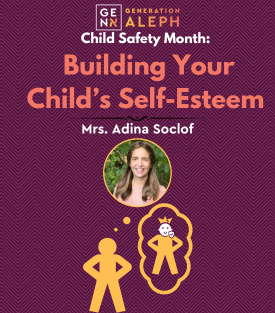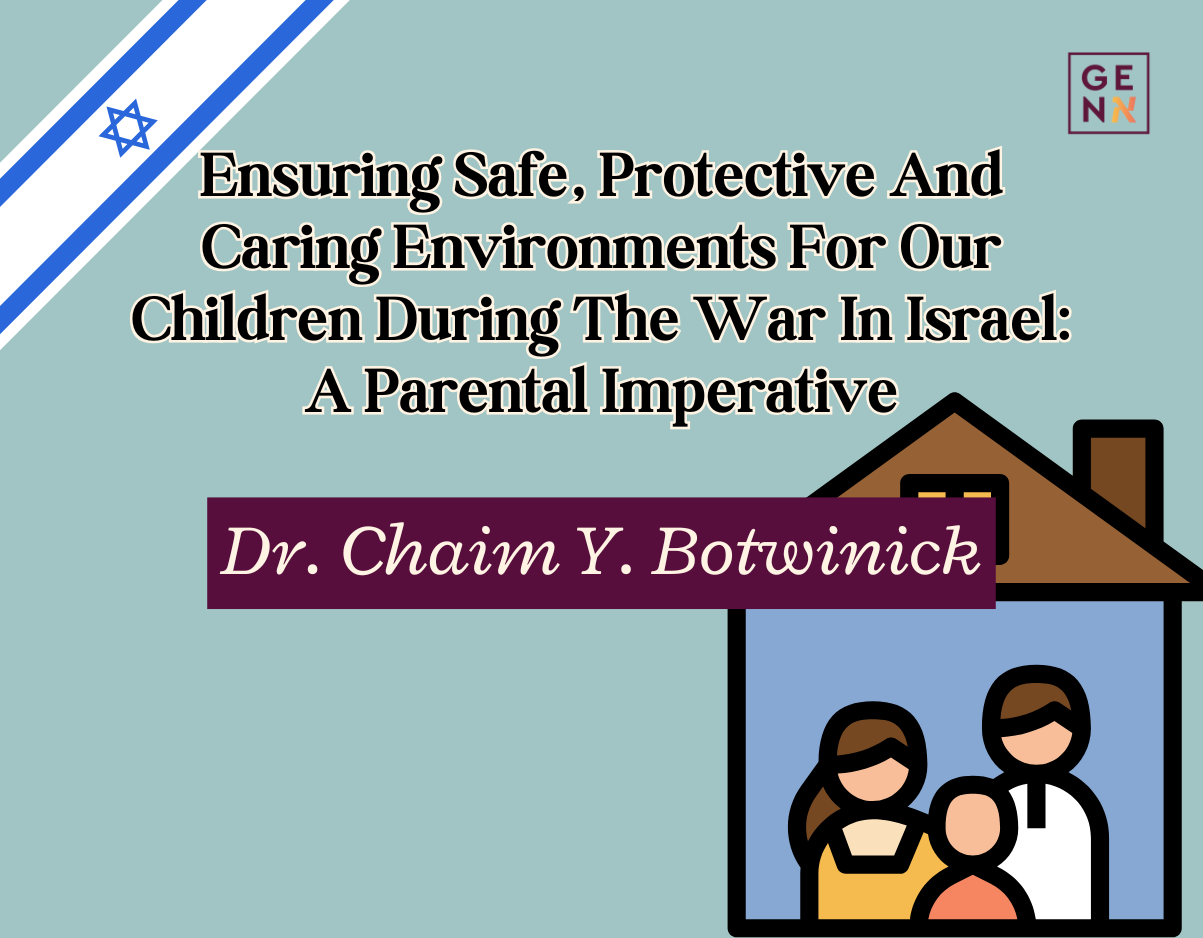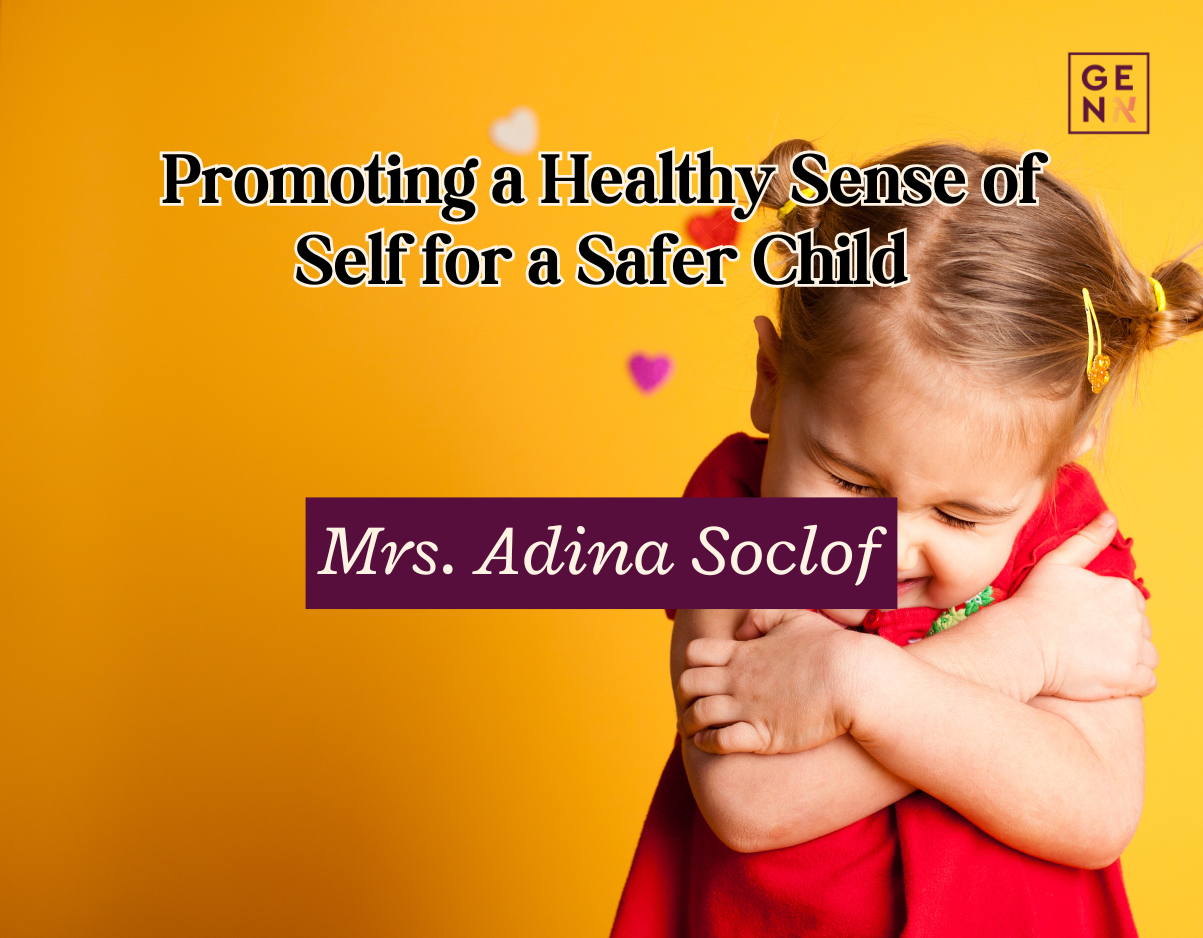Since the start of the war between Israel and Hamas, acheinu bnai yisrael throughout the world wait anxiously for promising news regarding the health, safety and welfare of our brothers and sisters in captivity who are still awaiting for their release. At the same time, we are all mispallel for the welfare of the IDF as they engage in an existential battle for Israel’s future.
The continuous waiting and anticipation is painful and agonizing. It has affected every aspect of our lives – whether it be in our homes, our workplace or communities.
Every day, since the beginning of the war, we pray to HaShem for the safe release of kidnapped hostages as we recite tehillim for their health and safety.
Since the October 6th massacre in Southern Israel, many of us have been literally glued to social media platforms and cable news networks in order to receive any up-to-the-minute relevant information or news regarding the most recent developments in Israel. This is in addition to our continuous phone calls to loved ones, relatives and friends currently living in Israel.
As we know, the current matzav in Israel has become a primary focus for continued divrei chizuk in our shuls and schools, conversations over Shabbat meals, public rallies, participation is special emergency tzedaka campaigns and the posting and viewing posters of the babies, children, women and men who were kidnapped and still being held hostage by Hamas. The need for information is akin to inquiring how a family member or a loved one is faring during times of physical danger…..and rightfully so. As we learn in Talmud Shavuot, 39a, Kol Yisrael Erevim zeh Bazeh – all Jews are responsible for one another
As these events unfold in our communities, we must be mindful that many of our young children are being exposed to the manner in which we as adults and parents discuss this crisis, and respond to the crisis in their presence
As parents, adults and educators, we all understand and appreciate the profound impact these tragic events are having on the mental health and wellbeing of our young children. To be sure, one does not need to be a developmental psychologist or a mental health practitioner to understand and appreciate the potentially harmful and devastating long-term impact this exposure can have on our children’s thoughts, psychological and emotional wellbeing.
We all know that given the enormity of the current matzav, it is very difficult to restrain ourselves from talking about the current war in Israel, the atrocities which led up to the war and the levels of anti-Semitism now exploding all around us. But, we must, at all cost, balance and modulate these conversations and feelings in the presence of our children.
Is this an easy task? Absolutely not. It is totally natural for us to feel the anguish, pain and hurt down to the very core of our being. But, as responsible adults, we must demonstrate a level of mature restraint and control.
Unfortunately, over the past several weeks, we have witnessed way too many adults and parents who have taken the liberty to discuss and describe in detail to one another the gruesome details of the October 7th massacre in the presence of their children and other children. This oversight, is very wrong and damaging. It demonstrates a lack of understanding, maturity and sensitivity.
As adults, no matter what the circumstance, we have absolutely no right to discuss the details of these horrors in the presence of our young children, lest they become confused, scared, fearful, insecure and potentially traumatized which can GD forbid lead to a variety of immediate or latent negative psychological and emotional outcomes.
The horrible atrocities leading up to the war between Israel and Hamas, as well as the devastating impact of the war itself on Israel and Jews around the world are difficult enough for adults. One needs only to imagine their impact on the sensitive minds and thoughts of our children.
Several Suggestions:
Depending upon the age of your children, it is essential that parents modulate and recalibrate the amount of detail and information they share with their children regarding the crisis in Israel. It would not be appropriate for me in this article to suggest how much information as a parent should or should not be shared with children or when it should be shared.
Nevertheless, as an educator, my rule of thumb with regard to this challenge is “less is more”. There is absolutely no reason or rationale in the world why a young child should be exposed to finite details.
The second rule of thumb is to be extremely careful and vigilant about talking about these events to others in the presence of your children. They indeed hear every word we say and then process it internally. Overhearing a conversation regarding the horrors of terrorism, war and devastation can only confuse, upset, or make a child so fearful that she or he ends up internalizing emotions – the results or impact of which can again be very damaging and confusing.
Several other suggestions include:
- Limit access to media
- Listen carefully to the concerns expressed by your children;
- Be open with your child and do not over-react when a child repeats something he or she heard in school, in carpool, in the playground or while talking with classmate. Again modulate your reaction and conversation based on the age of your child and listen carefully;
- Do not summarily dismiss your child’s concerns about what he or she hears or shares with you – process it carefully and sensitively and then move on quickly;
- Be sure to differentiate your responses based upon your child’s age; older children can be engaged in more meaningful factual conversation with more details. Nevertheless, these conversations must still be careful formulated.
- Provide your children with ongoing opportunities to ask questions; never shut down a conversation prematurely.
- When and if necessary, especially if your child is experiencing anxiety, consult with a professional or with a Rav if you feel that your child is emotionally upset or preoccupied with the crisis. Know when and where to seek professional guidance.
- Spend as much quality time as possible with your children; they need to feel heard, secure and safe,
Endnote:
Always keep in mind that our children are fragile and impressionable. As parents, it is our achrynut (responsibility) to ensure safe and a secure physical and emotional space for our children. How we help guide our children to respond to crises of such unimaginable proportion will require a level of understanding, maturity and insightful sensitivity.
Always keep in mind – if we as adults are struggling with these events, just imagine how your child would feel. They must be protected from this evil.
As it states in Mishlei, 22:6, Chanoch l’naar al pi Darko. Educate a child according to his ability or capacity. This also holds true for ensuring “age-appropriate” conversations with children regarding the harsh and difficult realities of our day.
May HaShem watch over and protect our children and Acheinu B’nai Yisrael, ensure the safe release of our kidnapped brothers and sisters, and provide a refuah shlaima and true shalom to all of Klal Yisrael.
With warm wishes for a bright Chanukkah.
Submit your questions
"*" indicates required fields










